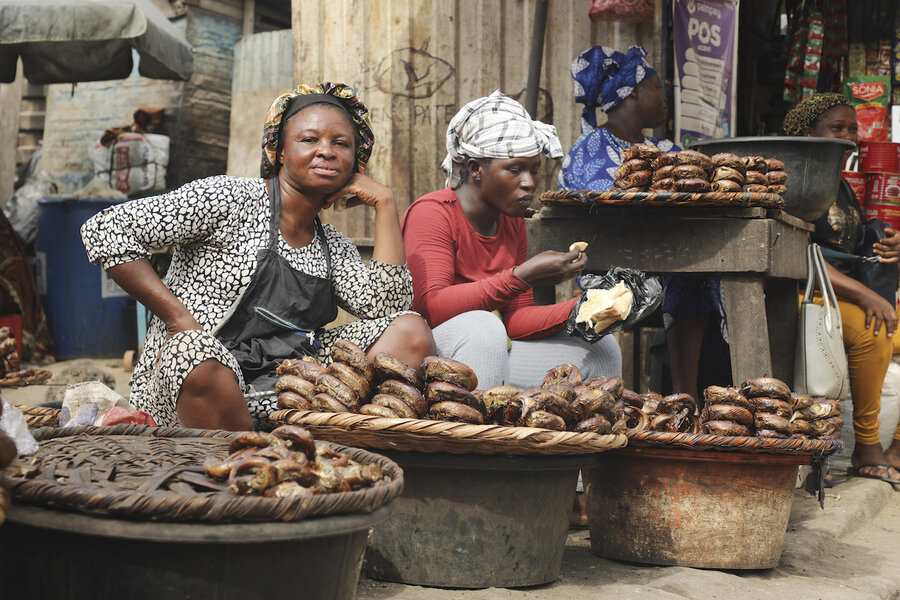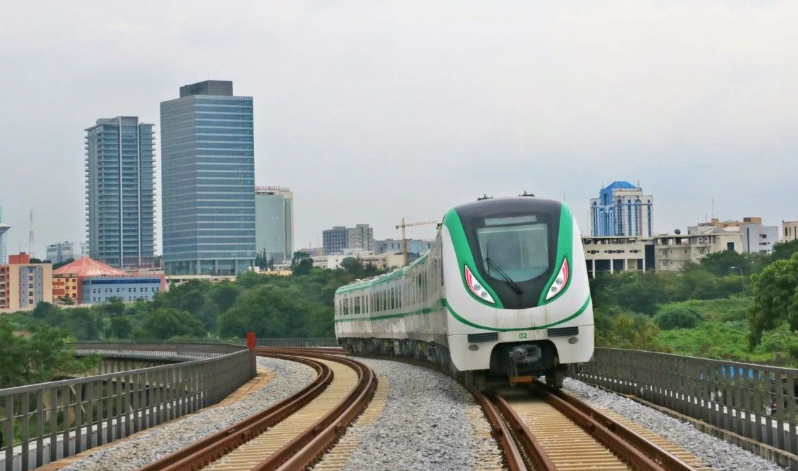Power Generation Plummets to 2,775 Megawatts Amid New Electricity Tariff Controversy

Thank you for reading this post, don’t forget to subscribe!
Electricity generation in Nigeria plummeted to 2,775 megawatts (MW) yesterday, marking a significant 32.3% decline from the 4,099.87MW recorded just last week, according to data released by the Nigeria Electricity System Operator (NESO), a semi-autonomous unit of the Transmission Company of Nigeria (TCN).
Despite recent billing adjustments for Band A power consumers, findings by Vanguard indicate persistent challenges in the power value chain, including inadequate gas supply to thermal stations and poor transmission line conditions. This has resulted in generation averaging 4,200 megawatts since the beginning of the year.
Information from the Independent System Operator (ISO) revealed that as of 6 pm yesterday, load allocation to the eleven Distribution Companies (DisCos) totaled 2,775.00 Megawatts. Notably, Abuja Disco received the highest allocation at 428MW, followed by Ikeja Electric at 422MW, Eko Disco at 359MW, Ibadan Disco at 335MW, Benin Disco at 227MW, and Enugu Disco at 200MW.
Conversely, the distribution companies with the lowest allocations were Yola Disco at 79MW, Jos Disco at 158MW, Kaduna Disco at 181MW, Kano Disco at 188MW, and Port Harcourt Disco at 198MW.
The shortfall in generation has necessitated load shedding by Discos, who are struggling to distribute limited electricity to consumers across the nation. Some Discos have taken to social media to communicate with customers about service interruptions. For instance, Ibadan Disco issued a public announcement titled “List of Band A Feeders with Unmet Hours of Service (11th April 2024),” apologizing for the inability to meet estimated supply hours due to earth faults on the 33kV lines and reaffirming their commitment to improving service delivery.





